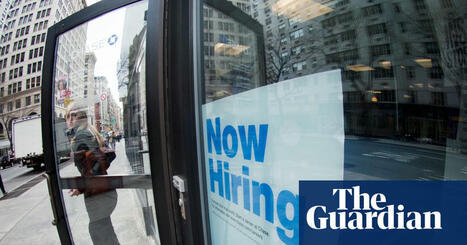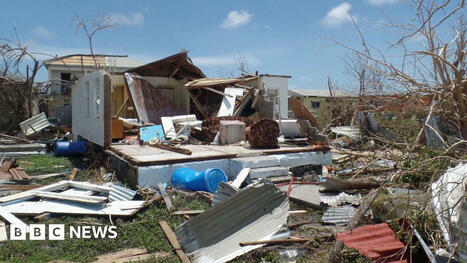Sri Lanka is in the grip of severe fuel and food shortages that have brought people out onto the streets to call for the removal of the country's president. The developing nation has been hit hard by global supply chain issues but many blame economic mismanagement and corruption within government.
For the first time in history the country was forced to default on it's foreign debt last month and has received emergency diesel shipments from India. Now they are asking for an economic bailout worth billions of dollars from the International Monetary Fund. Speculation is growing that other developing nations will soon be facing the same problems.

|
Scooped by
Graham Watson
onto International Economics: IB Economics June 18, 2022 6:02 AM
|




 Your new post is loading...
Your new post is loading...
























Newsnight's Ben Chu investigates what is happening in Sri Lanka - noting the collapse of the rupee - a 50% depreciation against the dollar in the last few months - and an official inflation rate of 30%.
He wonders whether the fate of Sri Lanka is indicative of what is going to happen in other developing economies, although he also looks at the impact of poor policy choices, notably tax cuts, on the island economy,